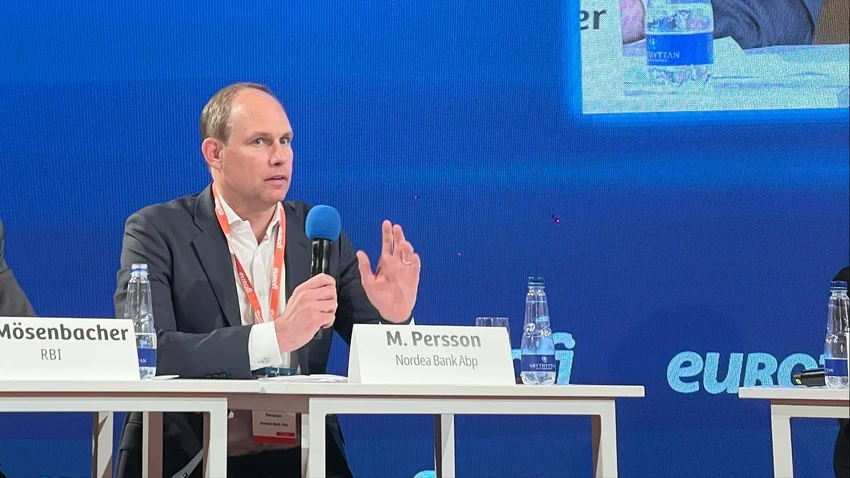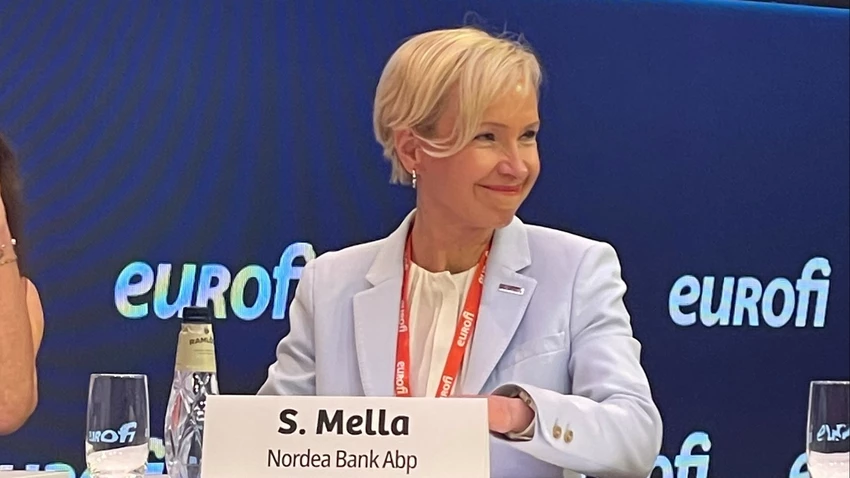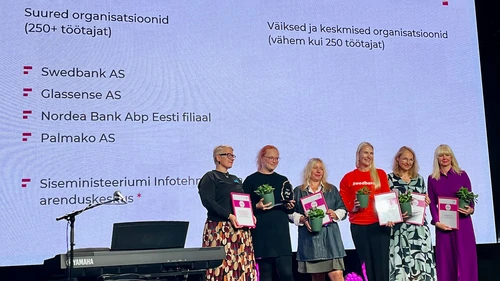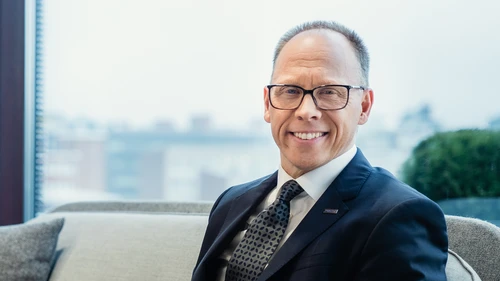Nordea’s senior leaders were at the centre of discussions with European politicians, ministers, commissioners, policymakers, regulators and high-level bankers on key topics of the day during this year’s EuroFi 2023 conference in Stockholm.
Lessons learnt from the global financial crisis
During an on-stage interview Stephen Hester discussed how banks often reflect their customers and the societies in which they operate. A stable and strong financial sector is essential to navigate periods of financial uncertainty. One important form of protection for a bank is a strong, well-balanced business model with no dominating business segments or products. According to Stephen Hester, the financial system has so far coped very well with the stresses in the economy, and banks are overall in good shape, thanks in large part to reforms made since the global financial crisis. As seen in the recent US case, banks should always avoid the divergence of reality from books and records. Regulation should be respected, and consistency, equality and predictability ensured by lawmakers.
A harmonised approach
Frank Vang-Jensen joined a panel to discuss financial stability risks in Europe. He noted that despite the recent market turmoil and problems in some specific banks both in the US and Europe, the European banking industry has overall been stable and resilient due to robust rules across Europe and a strong supervision.
“ We have come far in Europe but there is still too much variation in regulatory practices than should be the case in the area. Macroprudential buffers are applied in the different ways for individual banks, also taking into account the local regulations and requirements. This shows that the overall consideration and holistic view needs to be strengthened”.
According to him, predictable and harmonised regulation in Europe is key to ensure confidence and stability in the markets.
“ Strong and profitable banks like Nordea promote stability and support their customers and broader society in both good and challenging times”, Frank Vang-Jensen concludes.





